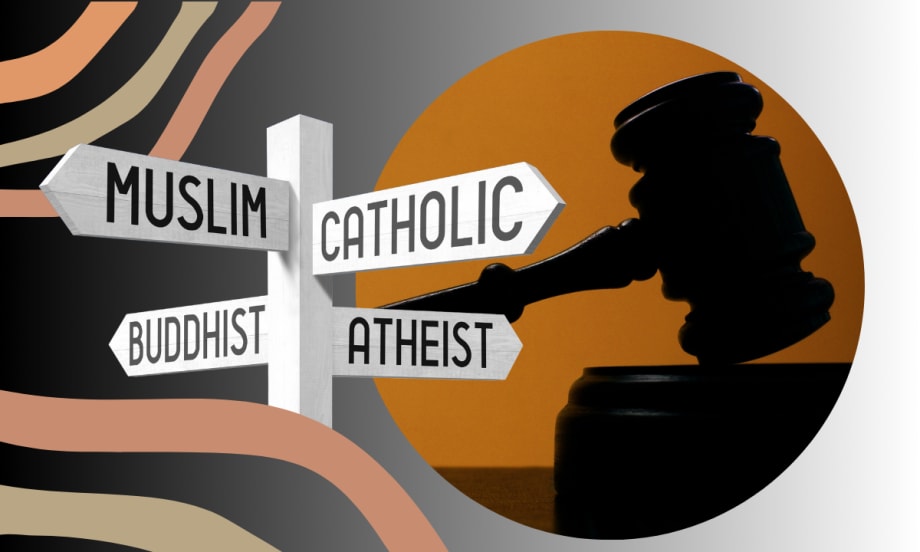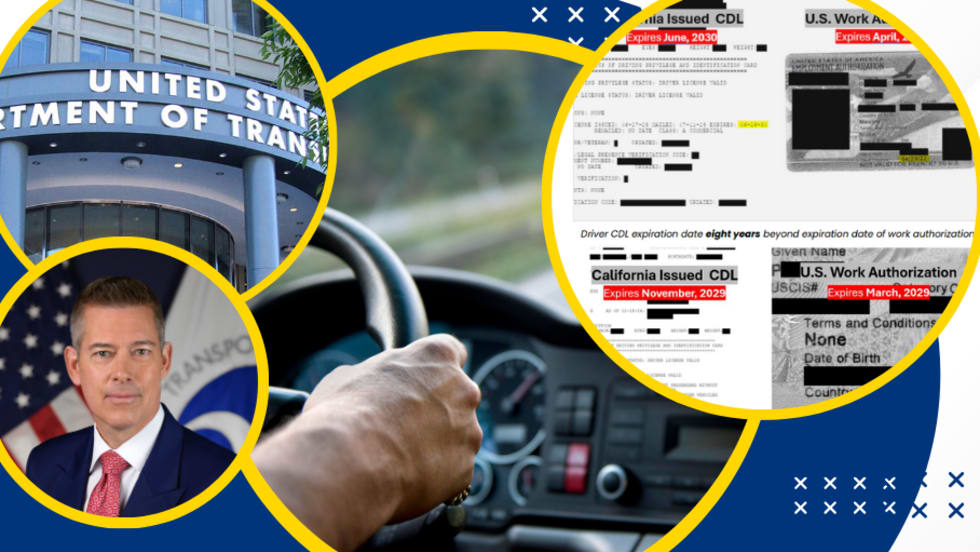Last year, the Equal Employment Opportunity Commission filed suit against a motor carrier, claiming it unlawfully discriminated against two Muslim drivers who refused to transport alcohol because it was contrary to their religious beliefs.
In 2010, another carrier settled a similar lawsuit filed by a Muslim truck driver who alleged that it was contrary to Islam for him to consume, possess, or transport alcohol or tobacco. The driver said he told the carrier about his beliefs when he was hired.
Firing drivers for these reasons is a violation of Title VII of the Civil Rights Act of 1964, the EEOC said.
Transportation attorneys at Smith Moore Leatherwood in Greenville, S.C., offered some insight into these type of cases in a newsletter.
What the Law Says About Religious Discrimination
The provision of the Civil Rights Act, they noted, makes it unlawful for an employer to "discharge any individual... because of such individual's... religion."
"The term 'religion' includes all aspects of religious ... practice ... unless an employer demonstrates that he is unable to reasonably accommodate to an employee's... practice without undue hardship on the conduct of the employer's business."
An employer must actively try to accommodate an employee's religious expression or conduct -- even if, without the religious motivation, such conduct would supply a legitimate ground for discharge, the attorneys said.
For example, an employee who is terminated for refusing to work on Sundays can make a religious accommodation claim even if other nonreligious employees were also fired for refusing Sunday work. This is the case even though the employer's reason for the discharge is legitimate and nondisciminatory (because the Sunday work rule applies to all employees, regardless of religion).
If the employee has notified his employer of his religious need to take Sundays off, the burden rests on the employer to show that it could not accommodate the employee's religious practice without undue hardship.
Whether an accommodation is required -- or whether it constitutes an undue hardship -- will vary from case to case. However, Smith Moore Leatherwrood says case law suggests that an employer is obligated at least to consider and suggest accommodations that do not significantly disrupt its workplace or violate its rules or policies.
For instance, in a case involving the former Trans World Airlines, the Supreme Court ruled that the employer could not reasonably accommodate the employee's refusal to work on his Sabbath without undue hardship.
TWA had made several efforts to accommodate the employee. Job swaps, change of days off and shift transfers were all tried before TWA concluded that further accommodations would create an undue hardship.
How to Address Employee Religious Beliefs
Because federal law requires that sincerely held religious beliefs be accommodated, an employer should consider and document what solutions are available, and engage in an interactive process with the employee to try to figure out a solution.
The burden might be minimal: In an alcohol case, the EEOC wrote that it found that the carrier could have avoided assigning the Muslim employees to alcohol delivery without any undue hardship.
And if the religious belief is sincerely held, courts may conclude that refusing to make the accommodation violates federal law.












